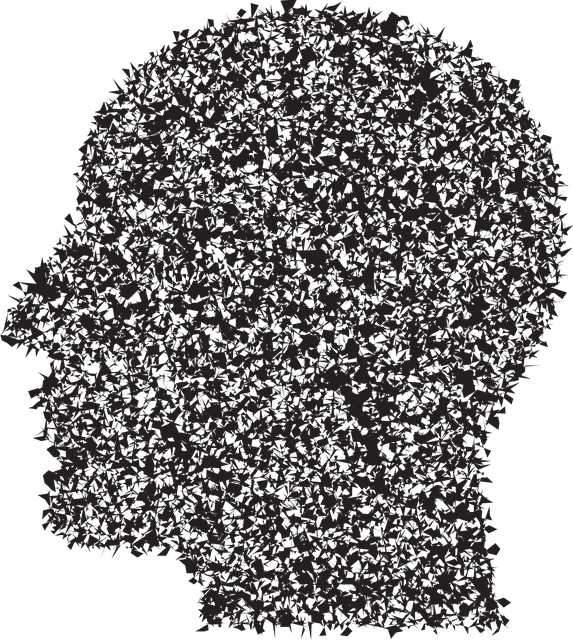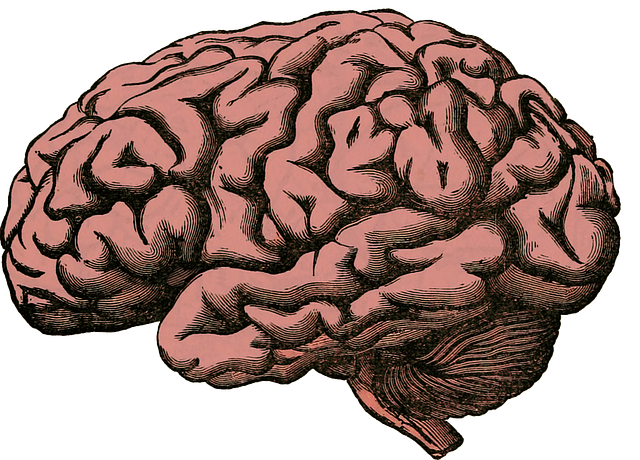Lafayette Chronic Illness Therapy focuses on building resilience in individuals managing chronic illnesses through evidence-based practices like CBT, mindfulness, and stress management. Their RFM (Resourceful Fronting and Mobilization) approach combines mindfulness meditation and empathy to enhance coping skills, promote present-moment grounding, and foster relationships. The program offers a holistic model that considers cultural sensitivity, includes self-care routines, and prioritizes risk assessment for safety and support. By integrating physical activity, community engagement, and mental health education, Lafayette Chronic Illness Therapy equips clients with the tools to cultivate resilience and improve their quality of life.
Discover the power of resilience through RFM (Recovery, Flexibility, and Mastery), a proven framework for navigating life’s challenges. This article explores how Lafayette Chronic Illness Therapy leverages RFM to build mental and emotional toughness. We’ll delve into comprehensive strategies, from identifying internal resources to integrating physical activity, offering practical tools to enhance your resilience journey. Learn how these techniques can empower you to thrive despite life’s ups and downs, with a focus on the innovative practices provided by Lafayette Chronic Illness Therapy.
- Understanding RFM and Its Role in Resilience Building
- Lafayette Chronic Illness Therapy: A Comprehensive Approach
- Identifying Resources for Enhancing Resilience
- Strategies to Foster Mental and Emotional Resilience
- Integrating Physical Activity into Resilience Building Exercises
Understanding RFM and Its Role in Resilience Building

Resilience is a crucial asset for individuals navigating life’s challenges, especially those managing chronic illnesses. At Lafayette Chronic Illness Therapy, we recognize that building resilience goes beyond mere coping; it’s about fostering adaptability and emotional strength to thrive despite adversity. This is where RFM (Resourceful Fronting and Mobilization) steps in as a powerful tool.
RFM involves strategies that encourage individuals to confront their challenges head-on, mobilizing internal and external resources to enhance resilience. By integrating mindfulness meditation practices and empathy-building strategies, RFM facilitates the development of coping skills. It equips individuals with the ability to stay grounded in the present moment, fostering a sense of calm amidst stress. Moreover, it promotes empathy by encouraging active listening and understanding, which are vital for strengthening relationships and social support networks—a critical component of resilience.
Lafayette Chronic Illness Therapy: A Comprehensive Approach

Lafayette Chronic Illness Therapy offers a comprehensive approach to managing and overcoming chronic health conditions, focusing on both the physical and mental aspects of well-being. This holistic method recognizes that chronic illnesses can significantly impact an individual’s emotional state, quality of life, and overall resilience. Therefore, their therapy models are designed to address these multifaceted needs. Through tailored interventions, clients gain valuable coping strategies to navigate the challenges associated with their conditions.
The program incorporates various evidence-based practices, including cognitive-behavioral therapy (CBT), mindfulness techniques, and stress management skills, all while considering cultural sensitivity in mental healthcare practice. By integrating Emotional Well-being Promotion Techniques, individuals learn to manage symptoms, improve their self-care routines, and enhance their overall resilience. Additionally, Lafayette Chronic Illness Therapy prioritizes risk assessment for mental health professionals, ensuring a safe and supportive environment for both clients and practitioners.
Identifying Resources for Enhancing Resilience

Resilience is a vital component of well-being, especially for individuals navigating chronic illnesses. At Lafayette Chronic Illness Therapy, we recognize that building resilience goes beyond traditional therapy sessions. It involves cultivating a mindset of positive thinking and fostering a supportive network. Encouraging clients to engage in self-care practices, such as regular exercise and mindfulness techniques, is a key aspect of our approach. These activities empower individuals to take charge of their health and overall well-being.
Additionally, the implementation of community outreach programs can significantly enhance resilience. Through collaborative efforts with local support groups and initiatives, we facilitate connections that foster compassion cultivation practices. These practices not only strengthen the sense of belonging but also provide practical tools for coping with challenges. By combining individual therapy, self-care strategies, and community engagement, Lafayette Chronic Illness Therapy aims to equip individuals with the resources necessary to build resilience and lead fulfilling lives despite their health conditions.
Strategies to Foster Mental and Emotional Resilience

Building mental and emotional resilience is an essential aspect of navigating life’s challenges, especially for individuals managing chronic illnesses. Lafayette Chronic Illness Therapy offers valuable strategies to enhance this crucial skill set. One effective approach involves incorporating structured exercises designed to strengthen one’s ability to cope with stress and adversity. These exercises can range from cognitive reframing techniques, where individuals learn to challenge negative thought patterns, to mindfulness practices that foster a sense of calm and grounding.
Through regular engagement in such activities, participants gain better control over their emotional responses. Moreover, joining supportive communities or attending stress management workshops organized by like-minded organizations can provide a safe space for sharing experiences and learning from others’ journeys. Encouraging open conversations about mental health awareness also plays a pivotal role in normalizing these discussions, reducing stigma, and promoting help-seeking behaviors.
Integrating Physical Activity into Resilience Building Exercises

Integrating physical activity into resilience-building exercises is a powerful approach that can significantly enhance well-being, particularly for individuals managing chronic illnesses. Lafayette Chronic Illness Therapy recognizes the profound impact that movement can have on mental health and overall resilience. Regular physical activity not only improves cardiovascular health but also acts as a natural mood regulator, which is essential in depression prevention strategies.
Through carefully designed Mental Health Education Programs, therapists can incorporate activities like walking, yoga, or even simple stretching routines to teach clients about the mind-body connection. This holistic approach to resilience building empowers individuals to take control of their mental health and cultivate coping mechanisms that extend beyond traditional therapy sessions.
Resilience is a powerful tool in navigating life’s challenges, especially when managing chronic illnesses. By understanding RFM (a key concept in Lafayette Chronic Illness Therapy) and employing various strategies discussed, individuals can enhance their mental and emotional fortitude. Integrating physical activity further strengthens this process, as movement becomes a therapeutic component of building resilience. This holistic approach, as exemplified by Lafayette Chronic Illness Therapy, equips folks with the resources needed to thrive despite life’s obstacles.














